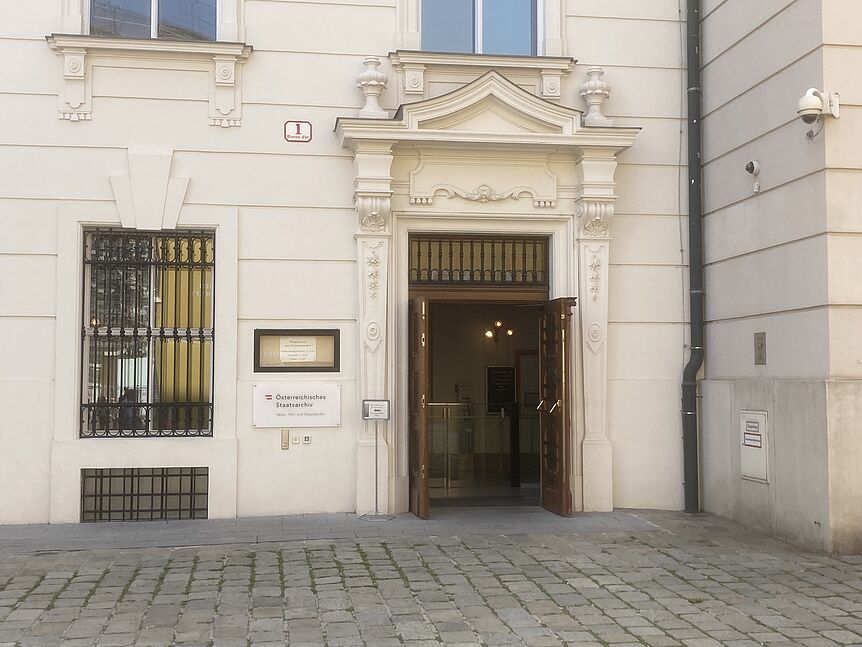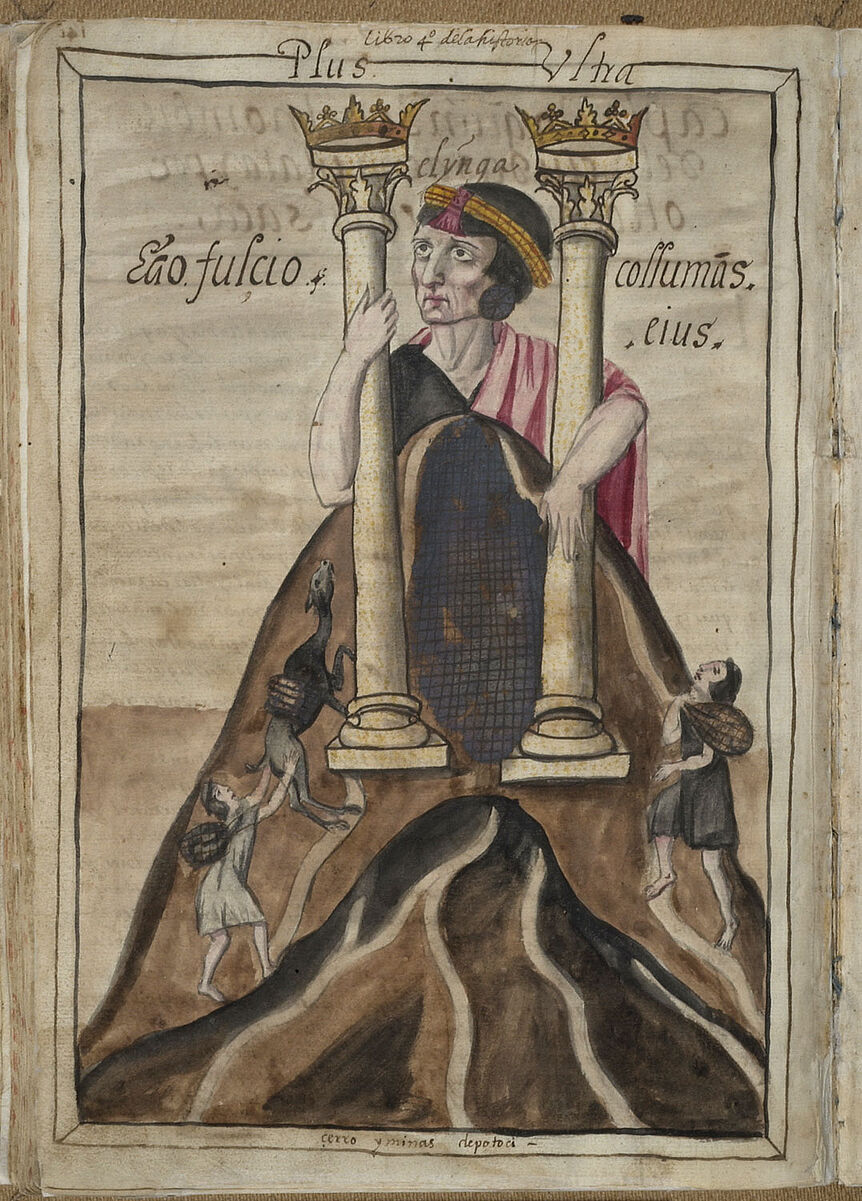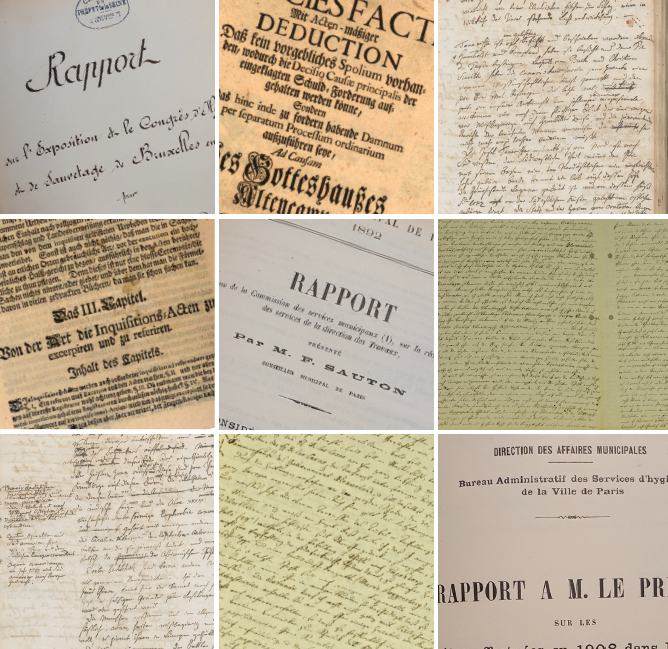News
Events
About the Project
Sebastian Felten, Claire Sabel, Sarah Seinitzer, Sebastian Leitner (SCARCE): Research Agenda, April 17, 2024
The extraction of mineral resources has sharply increased over the past hundred years, and the ongoing transition to “green energy” is driving demand for minerals such as lithium, nickel, and cobalt. SCARCE provides a critical history of today's stakeholder conflicts by showing how contradictory principles of resource management – economic development, sustainability, and technological innovation – were forged in proto-industrial settings. It explores alternative, historical ways of provisioning for communities, making them available for current debates on environmental degradation and climate emergency.
This case, within its European and global entanglements, allows us to answer urgent questions across a range of fields: How did labour rationalization and joint ownership – building blocks of modern capitalism – emerge in locations outside of Atlantic commercial societies? How did administrative procedures (accounting, reporting) shape scientists/technicians’ understanding of natural processes? And how did the contradictions of extracting non-renewable resources shape modern sustainability thinking?
SCARCE is hosted by the History Department, which in turn is part of the Faculty of Historical and Cultural Studies. Team members will work closely with colleagues from the Key Research Area History of Science.
The advisory board consists of Pamela Smith (Columbia University), Oscar Gelderblom (University of Antwerp), Ulinka Rublack (University of Cambridge), and Andrew Mendelsohn (Queen Mary University London).
The project is running from 1 November 2023 until 31 October 2028. The text of this homepage is adapted from the grant proposal. Download the project description as a PDF document here.











